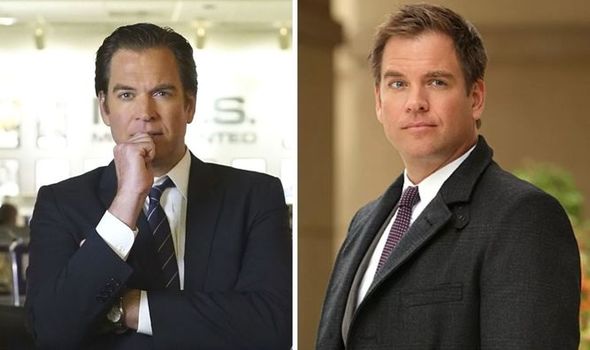
No One Can Replace Tony and We Know It
There are truths we speak, and then there are truths we merely feel. The former are often logical, quantifiable; the latter reside in the quiet knowing of our collective soul, a shared understanding so profound it requires no elaboration, no proof. "No one can replace Tony and we know it" is one such truth, a sentence that carries the weight of a thousand unspoken memories, a testament to an impact so unique it leaves not just a void, but a subtly reconfigured universe in its wake.
Tony was never just a job title or a set of skills; he was the gravitational pull of our orbit, the invisible force that held disparate elements in perfect, humming equilibrium. Perhaps he was the elder statesman of a family business, whose quiet wisdom smoothed over every crisis, whose very presence was a guarantee of calm. Maybe he was the lead architect of a groundbreaking project, not just designing the structure, but instilling the very spirit of innovation into every beam and wire. Or perhaps he was the heart of a community group, the tireless volunteer whose laugh echoed in every meeting, whose energy was the fuel for every initiative. Whatever his role, Tony wasn't just doing things; he was being something essential. He possessed an uncanny knack for seeing the unspoken, for connecting the seemingly unconnected, for injecting a specific, irreplaceable magic into the everyday.
And so, when Tony was no longer there – whether by retirement, relocation, or the ultimate departure – the initial response was always the same: a pragmatic, almost desperate attempt to fill the chasm. We brought in new blood, rearranged the furniture, redistributed the tasks. We sought out individuals with impressive resumes, with the right qualifications, with all the boxes neatly ticked. They were competent, often brilliant, sometimes even brought fresh perspectives that were, objectively, beneficial. But they weren't Tony. And we knew it.
The knowing wasn't malicious or ungrateful; it was simply a quiet, pervasive awareness. It was in the way a familiar problem, once effortlessly resolved by a single glance or a few well-chosen words from Tony, now became a bureaucratic maze. It was in the sudden absence of that particular, comforting cadence to a meeting, or the missing spark of insight that always seemed to cut through the noise. It was in the small, almost imperceptible shifts in the overall atmosphere – a vital warmth that had somehow cooled, a subtle hum of efficiency that had quieted, replaced by a more mechanical rhythm. We found ourselves constantly saying, "Tony would have known…" or "If only Tony were here…" – not out of resentment for the present, but out of a deep, unshakeable recognition of the past.
The attempts to replicate Tony were akin to trying to replicate a masterpiece by painting over it. You might use the same colors, the same canvas, but the brushstrokes, the spirit, the very soul of the original are forever lost. Tony was not a replaceable part in a machine; he was the keystone of an arch, the heartbeat of a living organism. Remove the keystone, and while the arch might stand for a time, its integrity is compromised. Silence the heartbeat, and while the body might be sustained artificially, the life, the vitality, is gone.
In time, a certain acceptance settles in. We learn to navigate the altered landscape, to forge new paths where Tony's presence once illuminated the way. We adapt, we evolve, because life demands it. But the fundamental truth remains etched in the collective consciousness: No one can replace Tony. And we know it. We carry the echoes of his wisdom, the memory of his unique way of being, not as a burden of what's lost, but as a silent tribute to what once was – a testament to the indelible mark certain individuals leave on the world, a mark that can be honored, but never, truly, filled.
